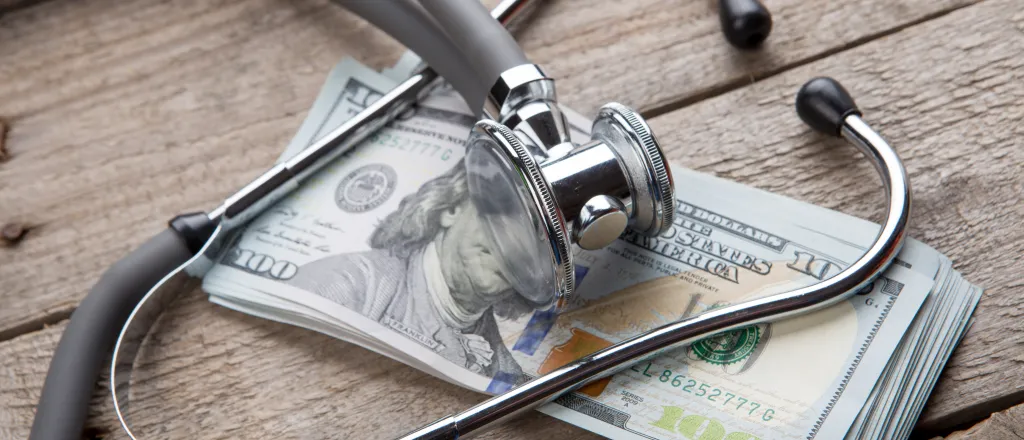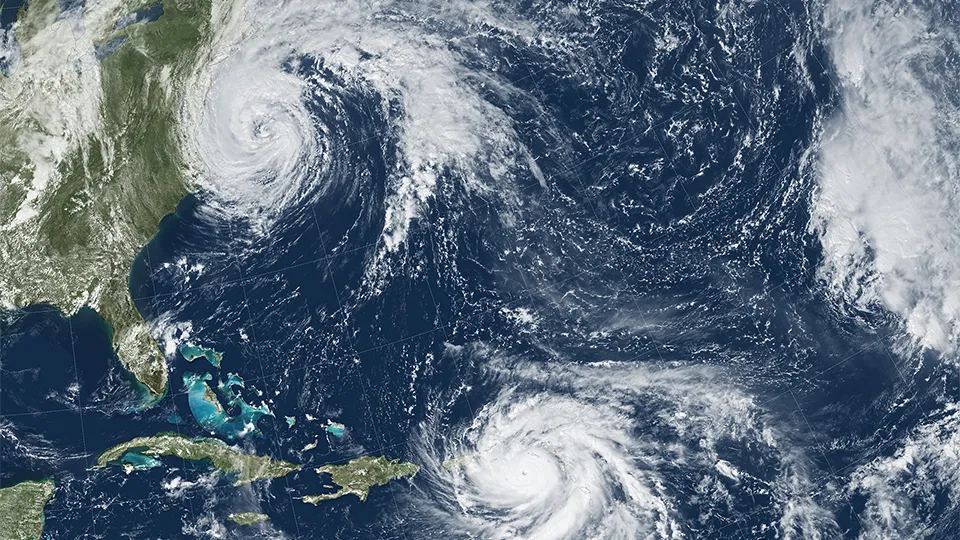
Wyoming Medicaid expansion proponents not backing down after setback
(Wyoming News Service) Supporters of expanding Medicaid in Wyoming said they will regroup after lawmakers once again blocked an expansion proposal late last week.
Jeff Kaus, interim executive director of the Wyoming Primary Care Association, said lawmakers are out of step with a majority of their constituents. He pointed to a recent survey which found nearly two-thirds of Wyoming voters across the political spectrum support Medicaid expansion.
"The pulse has been taken," Kaus asserted. "The overwhelming majority of Wyomingites want Medicaid expansion. This is not a partisan topic; everybody needs access to health care."
Expanding Medicaid is projected to give more than 24,000 workers access to coverage, mostly single mothers who earn too much to qualify for standard Medicaid but cannot afford private health insurance. Proponents worked to get Medicaid added as an amendment in this year's budget, but the proposal was withdrawn after the rules committee decided expansion was not an ordinary legislative expense.
Wyoming has one of the nation's highest uninsured rates for women of childbearing age, and if the state does expand Medicaid, about half the new enrollees would be working women younger than 35.
Kaus pointed out when people do not have insurance, they are far less likely to go to the doctor. When health conditions are not addressed, and people show up in the emergency room without insurance and cannot pay for care, Kaus noted costs are passed along to taxpayers.
"We don't pay now, we will pay later," Kaus contended. "Something small that could be caught very early on and adjusted, will continue to go on undetected, and that's only going to compound the problems."
Wyoming is one of just 12 states not opting to expand health coverage for workers who do not get health insurance through their jobs. People with incomes up to 138% of the Federal Poverty Level, just under $18,000 dollars a year for individuals, and roughly $32,000 for a family of four, would qualify for coverage.

















